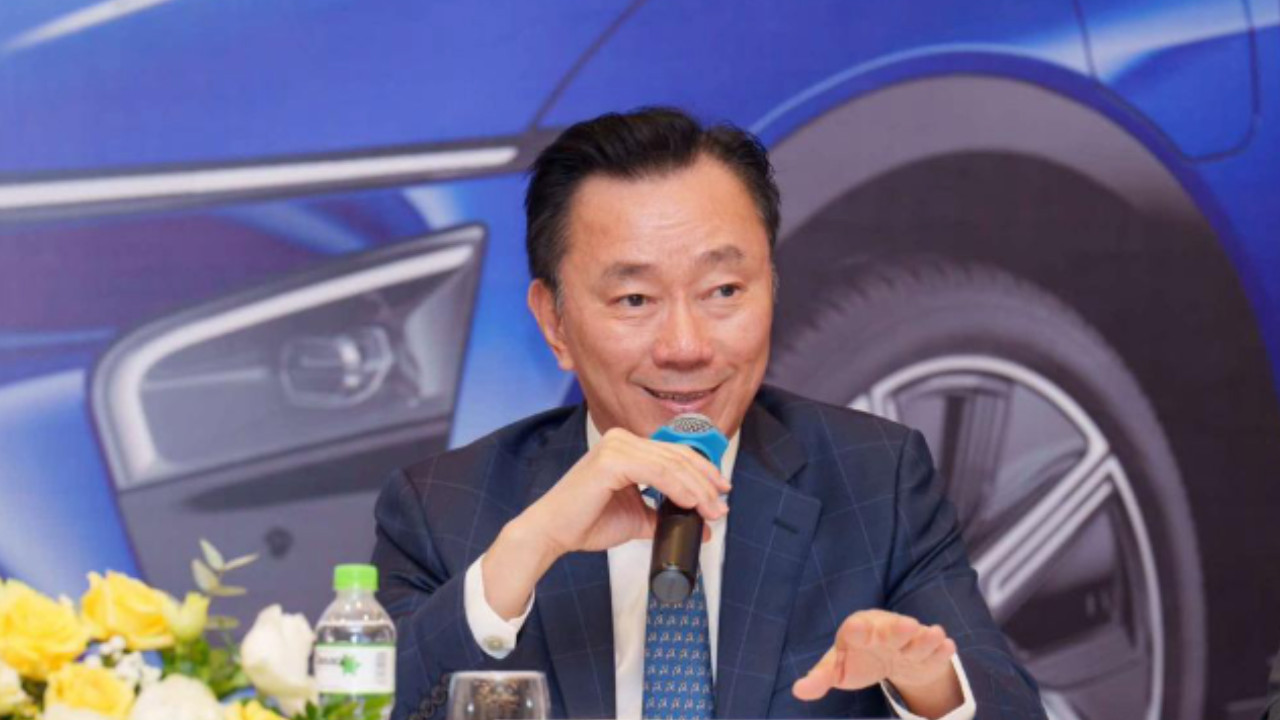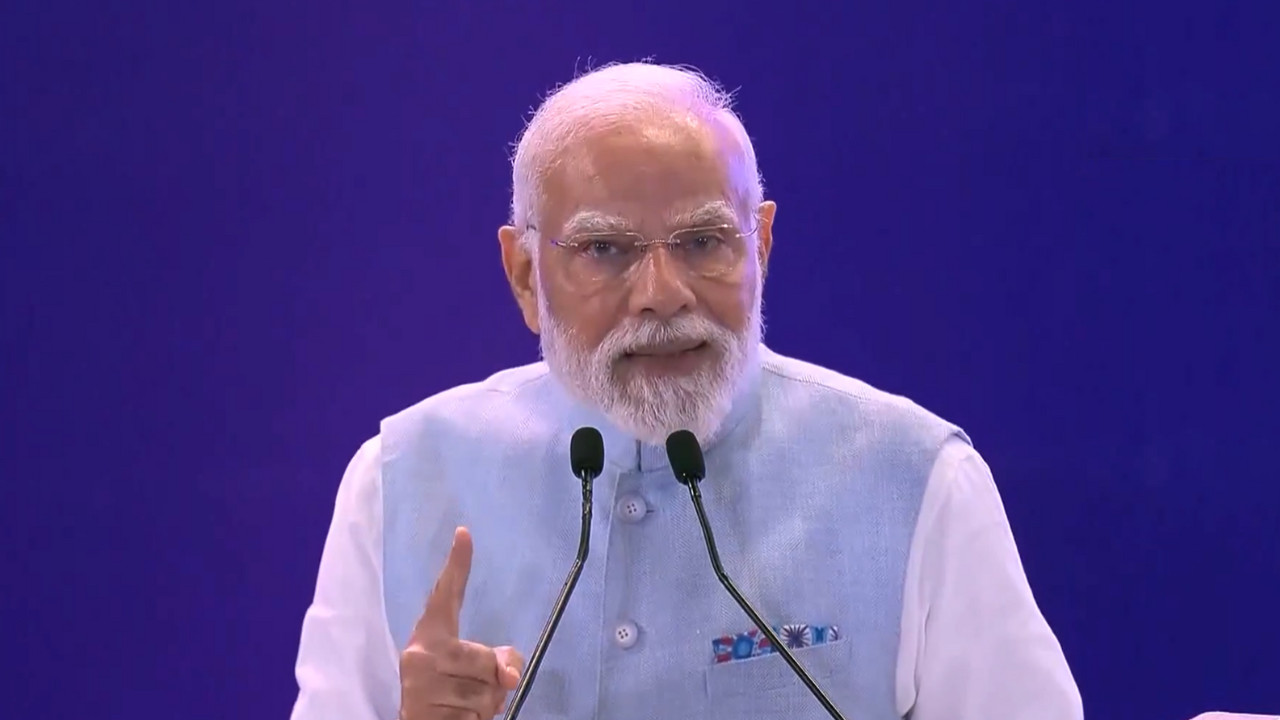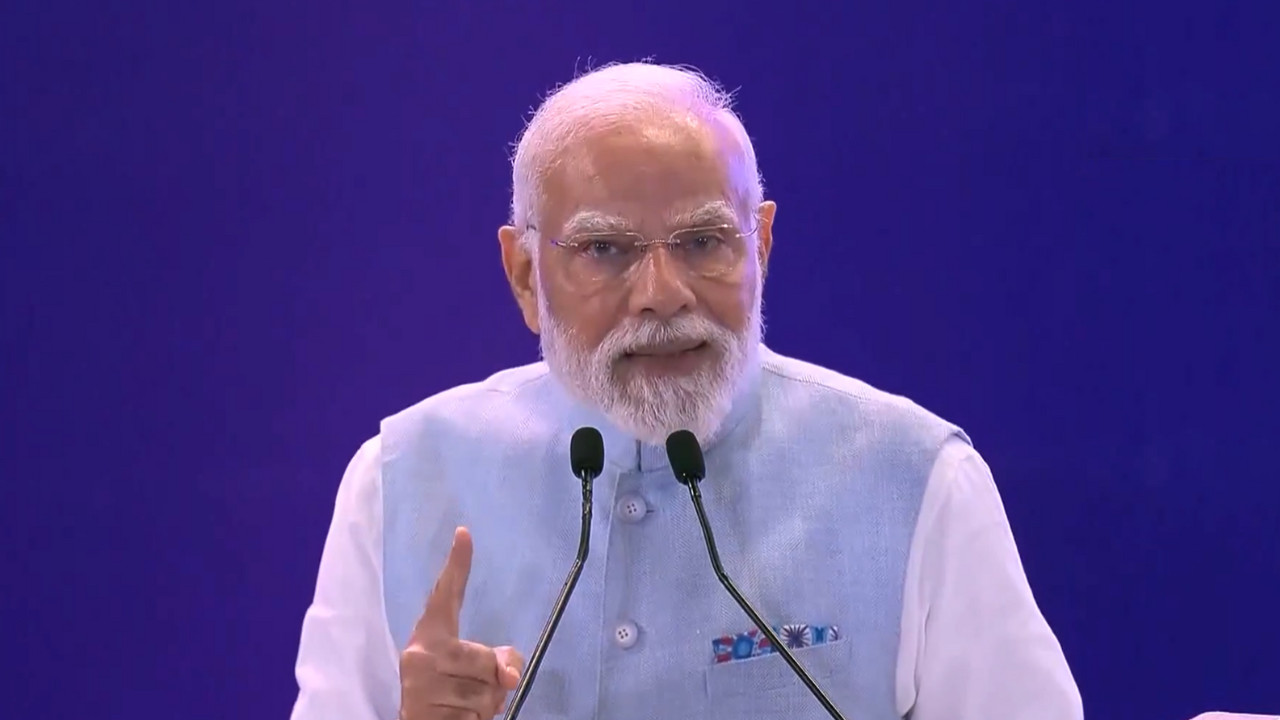VinFast, Vingroup’s EV division, is set to enter the Indian market, aiming to compete with Tesla by launching its VF7 and VF6 models. The company has invested $500 million in a Tamil Nadu manufacturing facility, targeting both domestic sales and exports.
VinFast Charges into India: Not a Tesla Rival, But a Different Kind of Spark?
So, Vietnam’s VinFast is making a splash in India. Big news, right? But let’s ditch the usual “emerging market player” narrative and dig a little deeper. They’re not just dipping their toes in; they’re talking premium EVs, a dedicated manufacturing plant, and a whole different vibe compared to what we’ve seen so far.
Frankly, the electric vehicle landscape in India is buzzing. We’ve got the established players like Tata and Mahindra, pushing out affordable options that are steadily converting petrolheads. Then there’s the looming presence of Tesla, still flirting with the market but yet to fully commit with a local manufacturing base. And now, enters VinFast, promising a luxury experience and local production.
David Tran, VinFast Asia’s CEO, has been making the rounds, and what’s been catching my ear isn’t the typical competitor bravado. He’s subtly sidestepping the direct Tesla rivalry question, instead framing VinFast as offering something unique. He’s not wrong. Tesla, for all its tech wizardry and brand cachet, often comes across as…well, Tesla-esque. It’s a very specific aesthetic and experience that doesn’t necessarily resonate with everyone.
VinFast, on the other hand, seems to be aiming for a broader appeal, perhaps focusing on a more traditionally luxurious feel blended with cutting-edge technology. Think sleek designs, premium materials, and a smoother, more refined driving experience. This is shrewd positioning. India’s luxury market, though smaller than the mass-market segment, is growing rapidly, and there’s a definite appetite for high-end, eco-conscious vehicles.
The crucial piece of the puzzle, of course, is the planned manufacturing plant. This isn’t just about importing cars; it’s about committing to India, creating jobs, and potentially tailoring their vehicles specifically for the Indian market. This local production strategy gives them a significant advantage in terms of pricing and accessibility. Import duties on completely built-up (CBU) cars in India are notoriously high, so manufacturing locally is almost a necessity to remain competitive, especially in the premium segment.
Now, the ‘different vibe’ I mentioned earlier – it’s not just about the aesthetics of the car. It’s about the entire customer experience. And this is where VinFast could truly carve out its niche. Think about it: Tesla’s service model, while improving, has been a recurring point of contention in many markets. VinFast has the opportunity to learn from this and build a service network that prioritizes customer satisfaction. Maybe offering personalized concierge services, hassle-free maintenance, and a genuine commitment to addressing customer concerns. In a market where word-of-mouth still carries considerable weight, a strong service reputation can be a game-changer.
But let’s not get ahead of ourselves. VinFast faces some significant hurdles. The Indian EV market is still relatively nascent, and charging infrastructure is still patchy, especially outside major cities. Convincing consumers to switch to EVs, particularly in the premium segment, requires more than just a nice car and a hefty marketing budget. It requires addressing range anxiety, ensuring easy access to charging stations, and building trust in the long-term reliability of the technology.
Furthermore, while VinFast is aiming for a premium experience, they need to carefully consider their pricing strategy. The Indian market is price-sensitive, even at the luxury end. They need to strike a balance between offering competitive prices and maintaining the perceived value of their brand.
So, is VinFast a Tesla killer in India? Probably not. But are they a serious contender in the burgeoning luxury EV space? Absolutely. They’re playing a different game, focusing on a more refined experience, local production, and potentially a more robust customer service model.
Ultimately, the success of VinFast in India will depend on their ability to adapt to the unique demands of the market, build a strong brand reputation, and consistently deliver on their promise of a premium, eco-conscious driving experience. It’s not just about building electric cars; it’s about building a connection with Indian consumers. And that, more than anything, will determine whether they truly spark in the Indian automotive landscape.
📬 Stay informed — follow us for more insightful updates!







